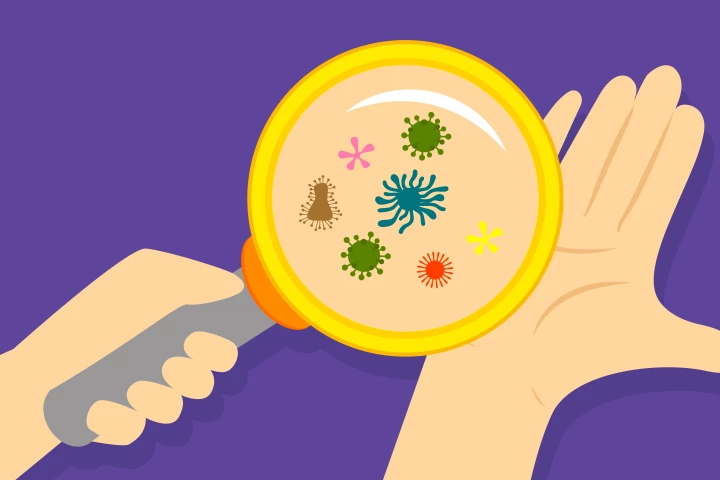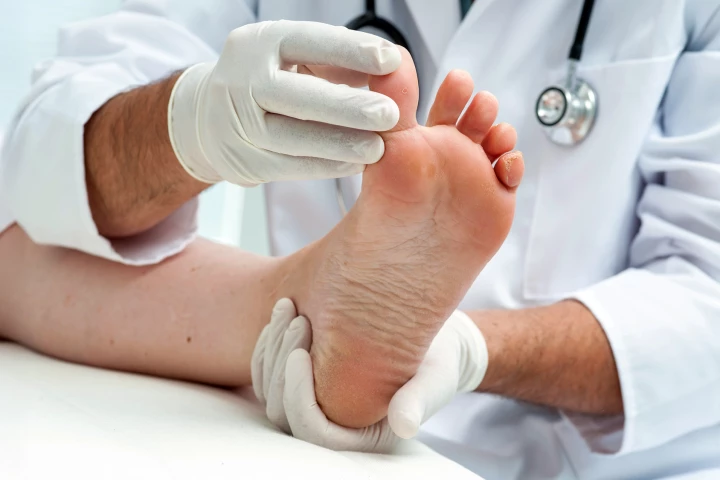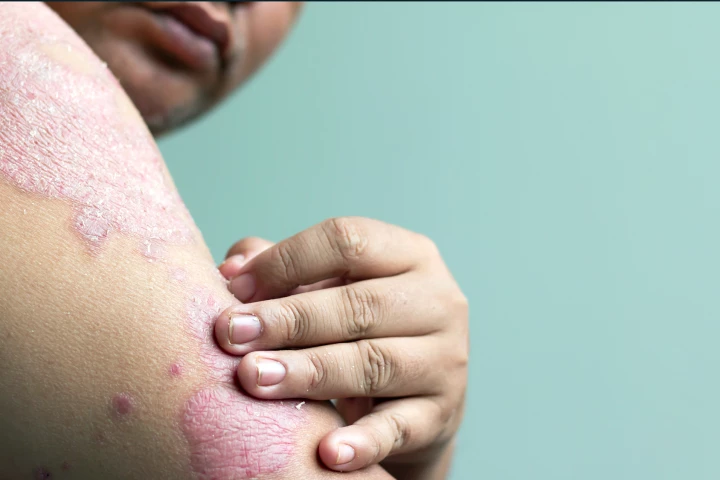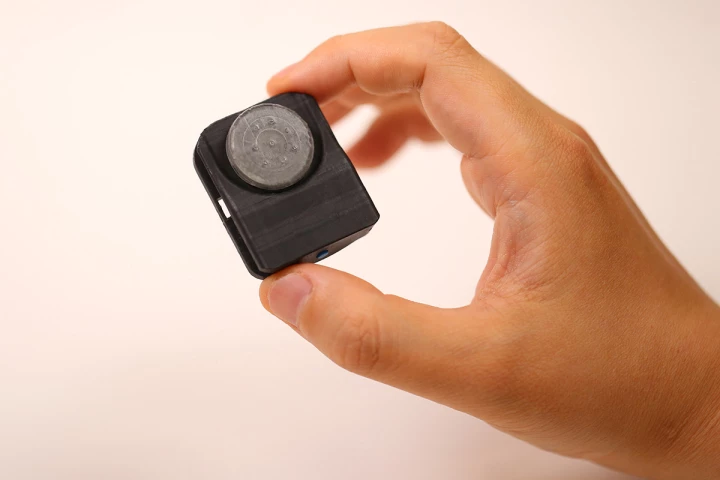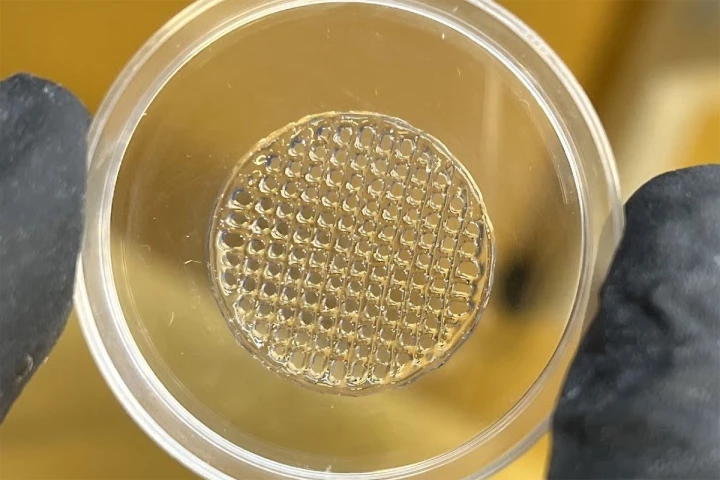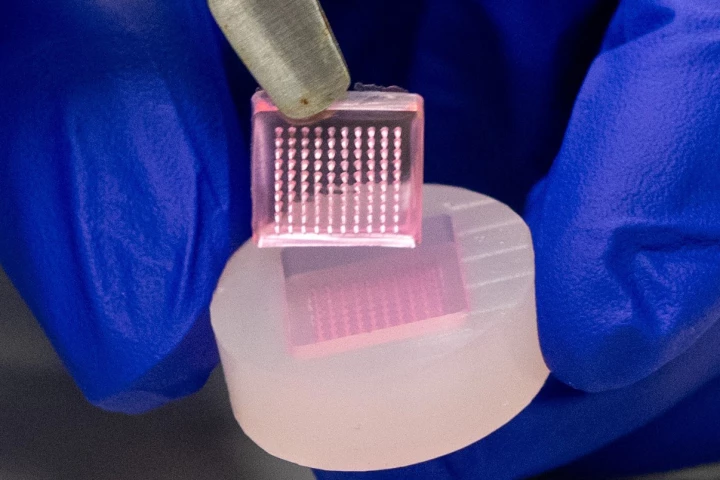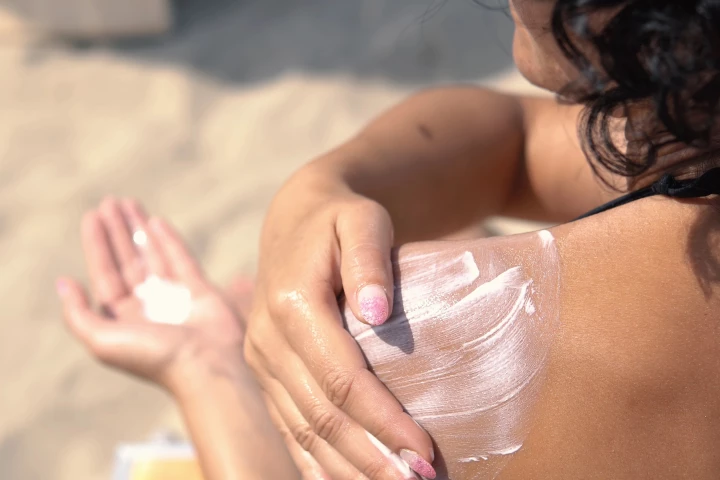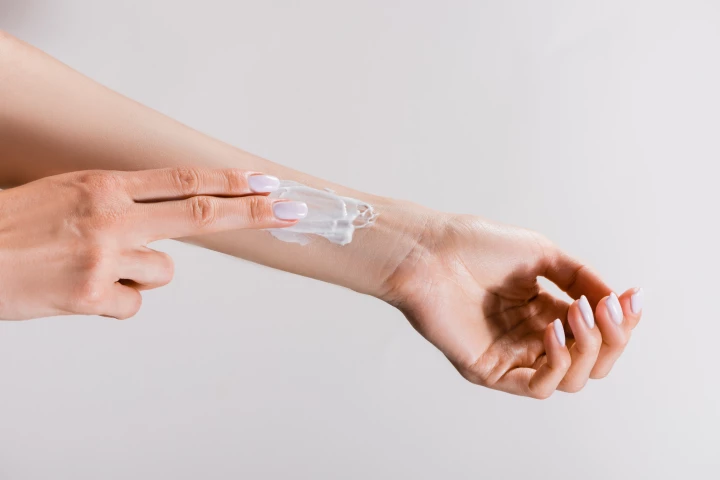Skin
-
A study has described how certain bacteria living on our skin can act as microbial sunscreen, protecting us from harmful UV rays. These microbes neutralize UV-induced immune changes, offering a natural defense against the damaging effects of sunlight.
-
Diabetic foot ulcers are prone to recurring, even when they look healed. A new study used an existing method to assess the degree of water loss from the skin and found that it was a good diagnostic tool for predicting a foot ulcer’s comeback.
-
Using an existing steroid-free topical foam daily significantly improved the signs and symptoms of psoriasis on the scalp and the body, according to a recent clinical trial. It could be a game-changer for people with the condition in both places.
-
Did you know you emit gases through your skin? These vapors, which include CO2 and volatile organic compounds, can provide insights about your metabolic status, disease states, and overall health. A new wearable can help make sense of it all.
-
While we're making progress in phasing out animal testing in the cosmetics industry around the world, there's still a ways to go in developing reliable alternatives. 3D-printed 'imitation skin' could be the ticket.
-
Researchers at the National University of Singapore have hit upon new technologies to deliver a double whammy to chronic wounds in diabetics, using tiny needles barely visible to the human eye.
-
As everyone knows, scratching at chronically itchy skin only makes the problem worse. A new device is claimed to help stop dermatitis patients from doing so while they sleep, without waking them up in the process.
-
There could be new hope for people afflicted with the skin-discoloring disease, vitiligo. A new treatment reportedly works great on mice with the malady, and it utilizes a natural substance produced by beneficial gut bacteria.
-
The itch from bug bites, rashes, and other skin conditions can sometimes be so overpowering that it feels impossible to avoid scratching them. But new research explains why you might want to hold off as long as you can.
-
Although sunscreen does help protect our skin from the sun's harmful UV rays, it isn't designed to keep that skin cool. An experimental new sunscreen does that very thing, however, while maintaining an SPF rating of about 50.
-
If you were given a choice of vaccine delivery method, would you rather a needle or a skin cream? Thought so. Well, the latter might be a viable option soon, as Stanford scientists have used a topical cream to strongly vaccinate mice against tetanus.
-
A new review has highlighted how skin tone can affect the safety and effectiveness of some medications and why the current way we run clinical drug trials needs to change to include more historically underrepresented populations.
Load More
